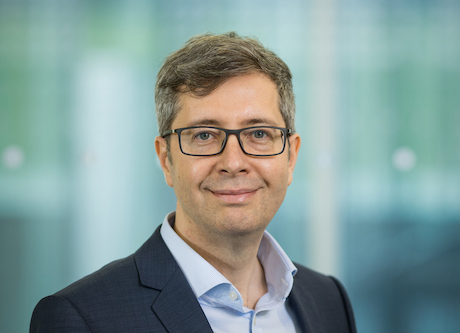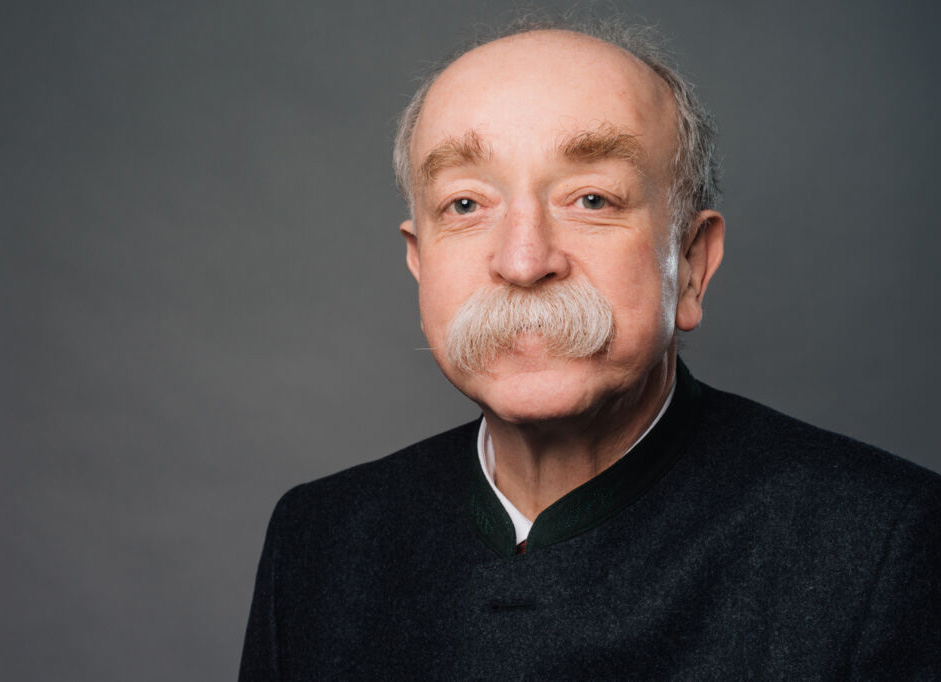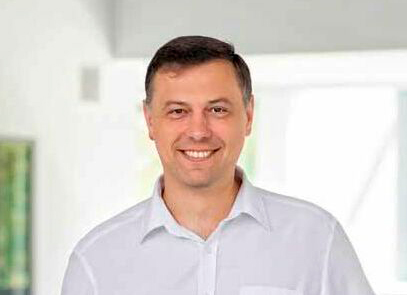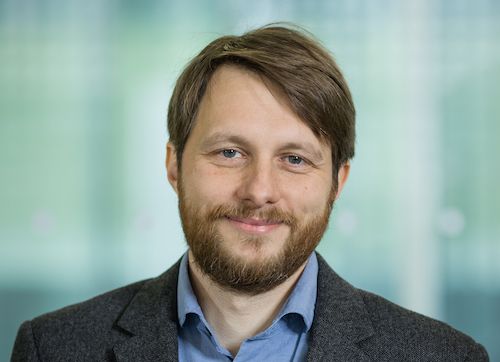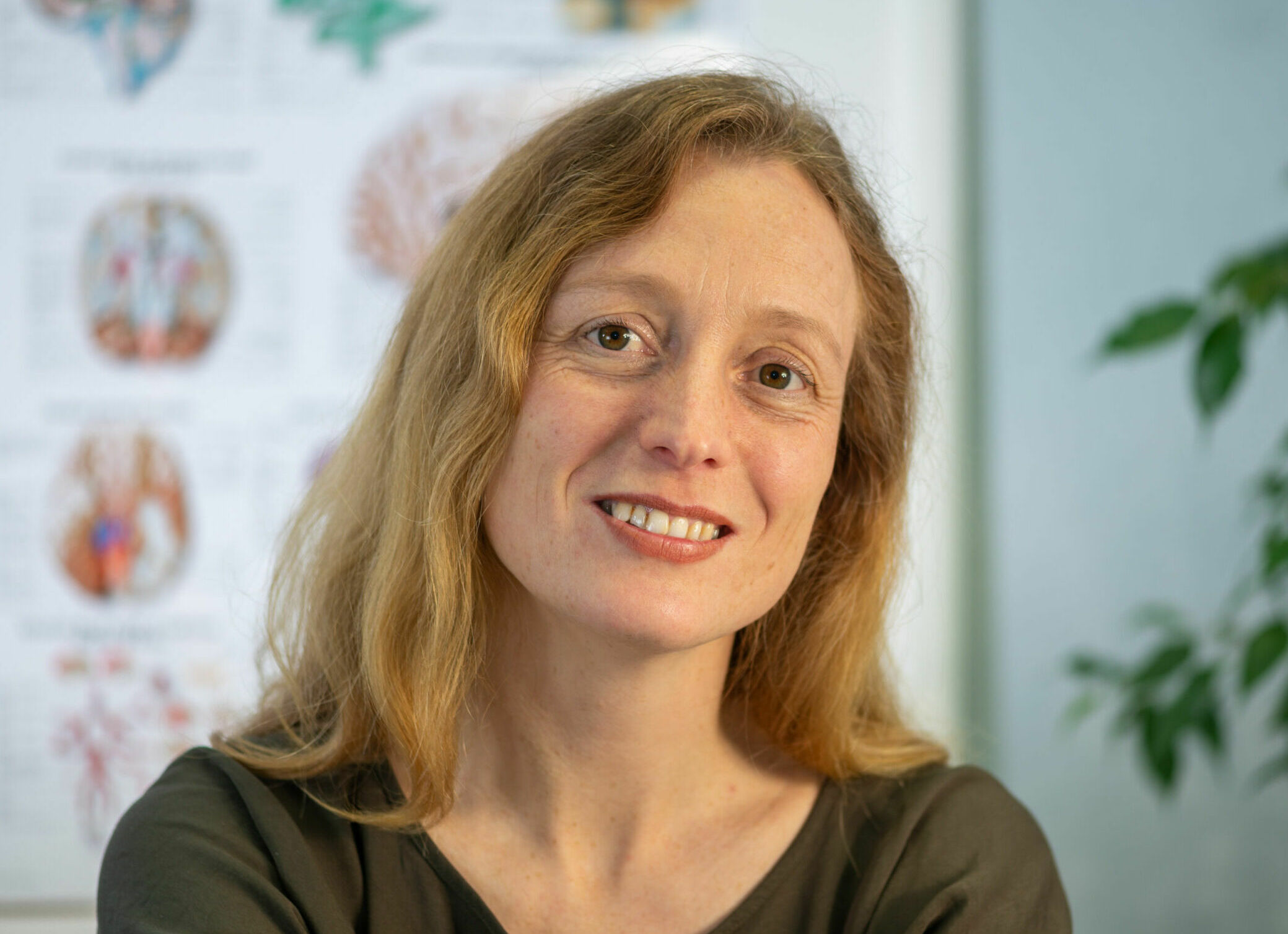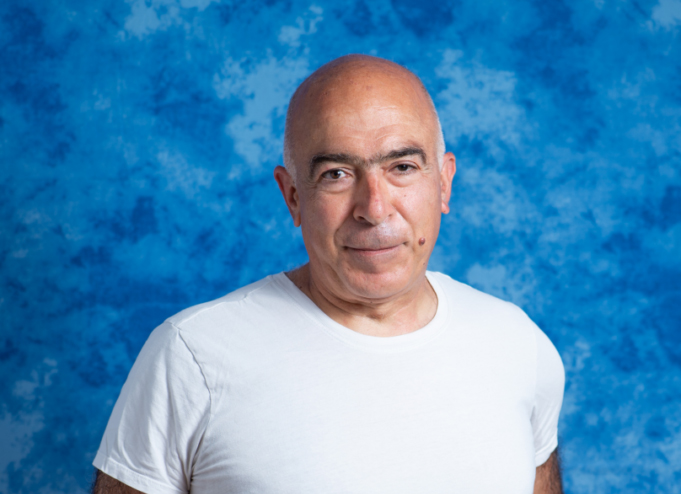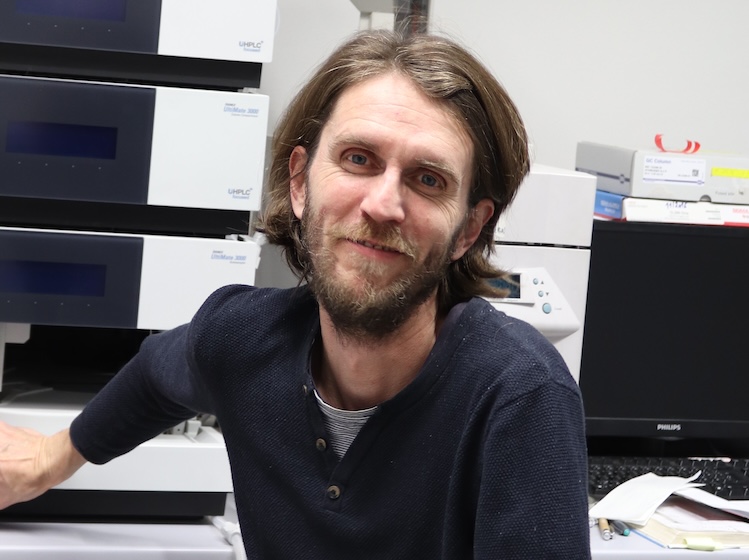smellodi’s vision
In our vision of smart electronic olfaction, the combination of innovative eNose technology and human perception enables a radically new technology for the electronic recognition and interpretation of odors, their digitization, and transmission for medical diagnostics and smart living.
Q & A
Meet Our Team
The smellodi consortium consists of six partners with longstanding expertise in their fields and the interdisciplinary experience required for achieving the envisioned technological breakthrough. Five partners are affiliated with academic institutions and one is a private company.
Perception of Health and Disease
Our teams at TU Dresden and FSU Jena will be focusing on the characterization (i.e. sampling and analysis) of a variety of healthy and pathological body odors and their perception by normosmic and individuals with smell deficits.
Sensor Research and Development
Based on computational modeling techniques, HUJI Israel, TU Dresden and FSU Jena will work closely together to develop novel smell receptor molecules, which enable the electronic recognition of body odors.
Sensor and Odor Display Technologies
Tampere University works on a self-learning odor display, which enables the transmission and synthesis of body odors across time and space. SmartNanotubes Technologies provides their sensor platform, featuring the newly developed receptor molecules for sensing body odors.
Coordination and Dissemination
The project is coordinated at TU Dresden. Our results and activities will be disseminated within our scientific communities and to the general public.

